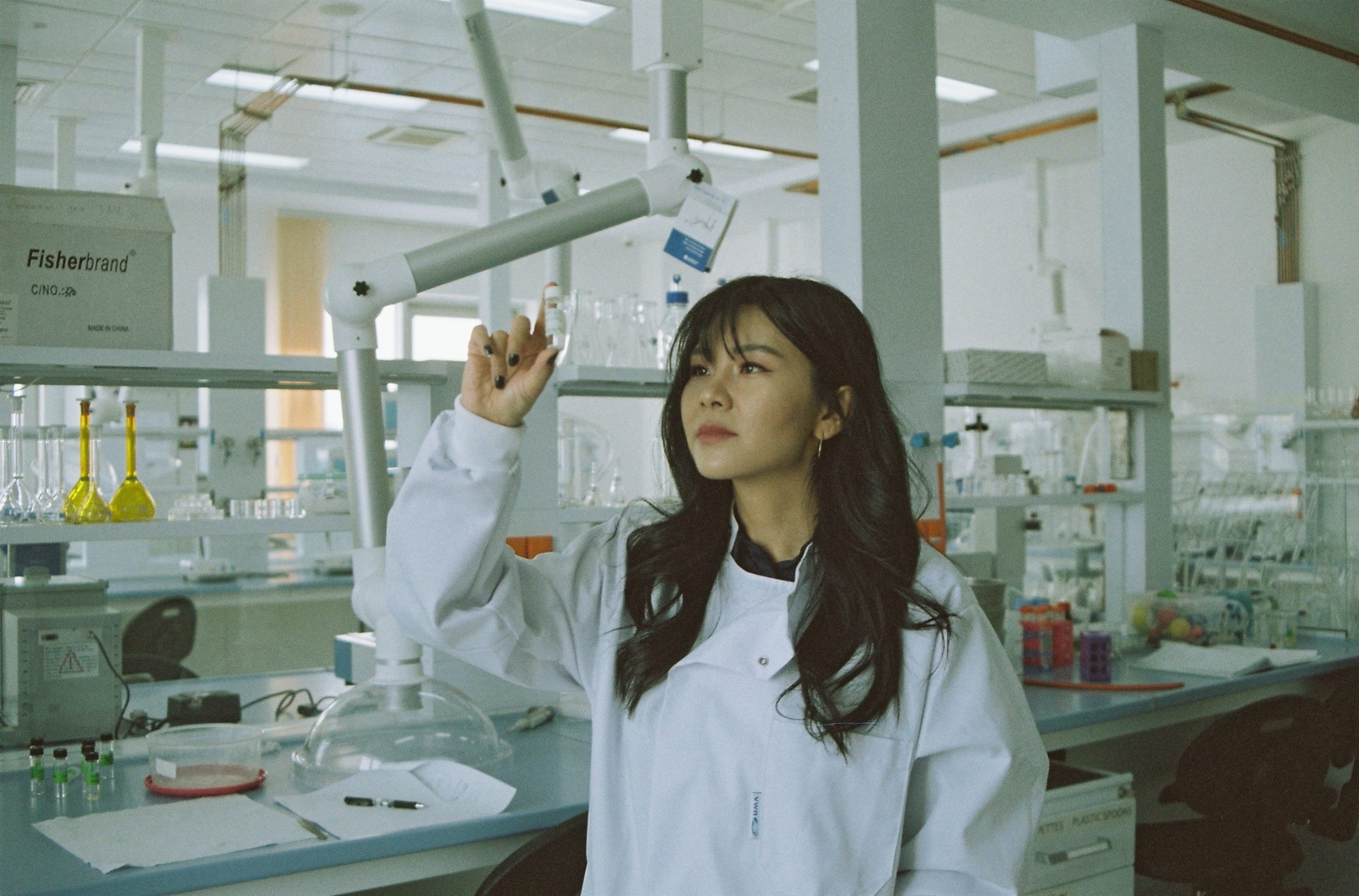February 11 marks the International Day of Women and Girls in Science, an opportunity to celebrate and recognise the critical role women play in the scientific sphere.
It is a day which serves as a reminder of the existing gender disparities seen in the field of science and aims to normalise women being science researchers.
A senior lecturer in the Department of Pharmacy at Kingston University, Dr Francesca Arrigoni said: “Any reason to celebrate female successes in science and increase awareness is a good thing.”
She added: “What discourages women to pursue science as a hobby or as a career is often cultural and intangible… I know that for a lot of women, losing their ‘presence’ in the field when they take time out, typically related to childcare, can negatively impact their careers.”
The Faculty of Science, Engineering and Computing at Kingston University offers a multitude of courses which cover the discipline of science.
However, despite the progress made by women to engage in scientific higher education, a report by UNESCO found that “just 30 per cent of the world’s researchers are women. While a growing number of women are enrolling in university, many opt out at the highest levels required for a research career.”
“Women are less encouraged than men… Men are more respected and noticed when it comes to their skills and opinions. A woman has to work much harder to succeed than a man.”
First-year psychology student, Sarah Alfie
The Covid-19 pandemic has served as a reminder of the importance of having women in science.
Women have been at the forefront of developing research into public health, vaccines and have been on the front line of the pandemic as health care workers and scientists.
Arrigoni said: “The hidden mental loads of women in science became more apparent [during the pandemic] … it is reflective of how much women still do behind the scenes that is unaccounted for and the impact their presence is in the scientific community.”
According to the United Nations, women tend to have “shorter, less-well paid” careers.
Amina Ouaoua, a biomedical student, said that although she recognises the impact women have had in the last two years in science, she feels that there is still “a lack of representation” and feels that “men and women are still not being paid and treated equally.”
The UN says that gender equality has always been a core issue across the world and is something that should be addressed by all institutions.
Chair for the University and College Union at Kingston University, Nick Freestone, said: “While it is to be welcomed that the valuable contribution of exceptional female colleagues is recognised and rewarded, the university still has much to do to ensure the gender pay gap is removed at KU.”
The International Day of Women and Girls in Science event has been ongoing since 2015 and was implemented by UNESCO and UN Women to ensure that women and girls feel empowered to lead and innovate scientific developments.
This year, at the UN headquarters in New York, the assembly will bring together women in science to discuss the three pillars of sustainable development: economic prosperity, social justice and environmental integrity.
At a time where science has been needed more than ever, it is important to acknowledge the contribution of women in science and defeat any form of gender discrimination.

